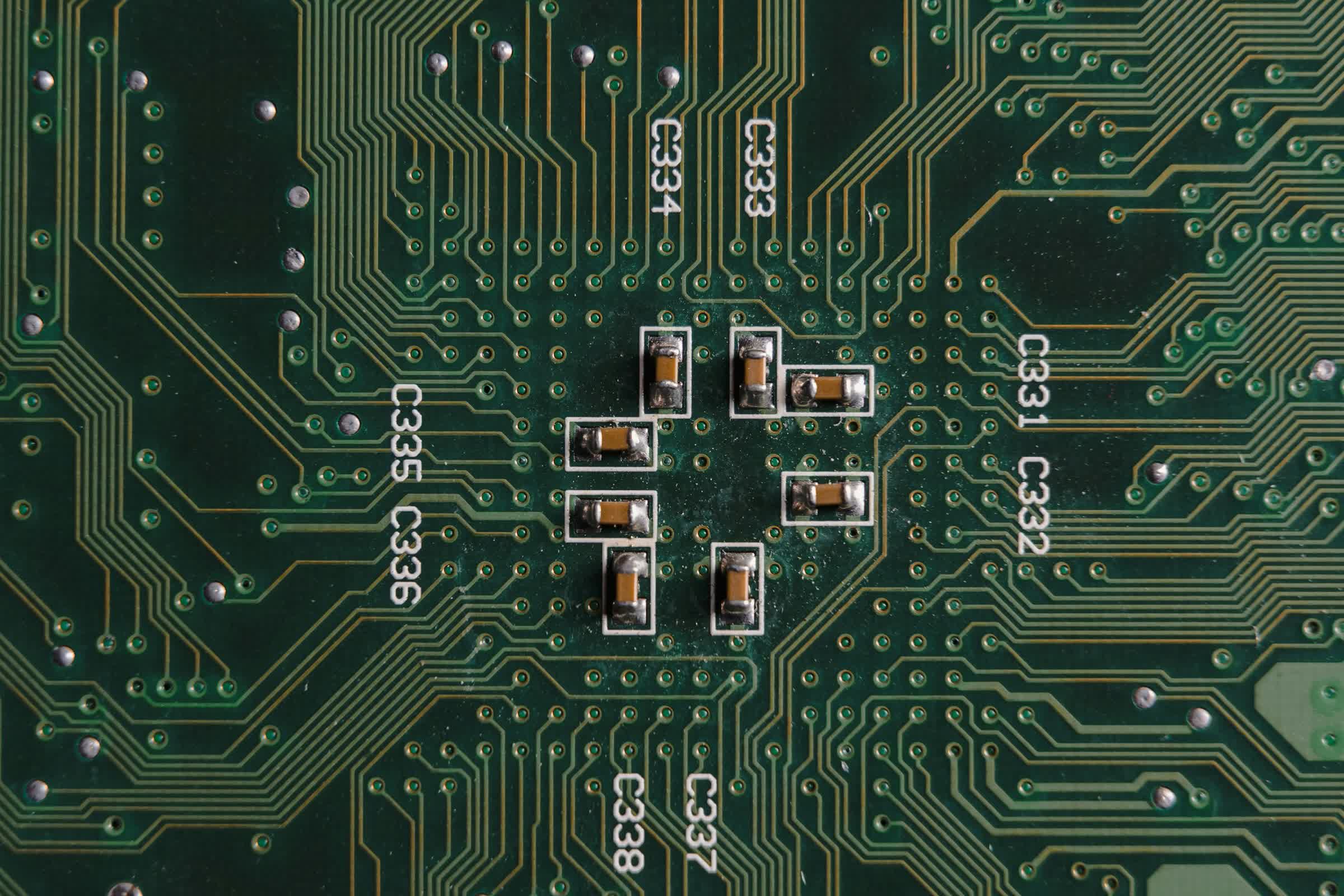Trump plans new tariffs on semiconductors, promises flexibility for some companies
What just happened? On Sunday, President Donald Trump revealed to reporters aboard Air Force One that he plans to announce a tariff rate on imported semiconductors within the coming week. Significantly, though, Trump also signaled potential flexibility for certain companies in the sector.
According to Reuters, Trump told reporters during the flight that he wanted to uncomplicate the semiconductor industry because the US wants to make its chips and other products in the country. While he declined to specify whether products like smartphones might remain exempt from tariffs, he emphasized the need for adaptability.
"You have to show a certain flexibility," Trump said. "Nobody should be so rigid."
The president's comments come as his administration intensifies its focus on the semiconductor industry. Earlier in the day, Trump announced a national security trade investigation into semiconductors and the broader electronics supply chain. "We are taking a look at Semiconductors and the WHOLE ELECTRONICS SUPPLY CHAIN in the upcoming National Security Tariff Investigations," Trump wrote on social media.
The announcement follows Friday's decision by the White House to exclude certain technology products from steep reciprocal tariffs on Chinese imports, a move that briefly raised hopes within the tech industry that consumer goods like phones and laptops might avoid price hikes.
However, comments from Commerce Secretary Howard Lutnick on Sunday clarified that critical electronics, including smartphones and computers, would soon face separate tariffs, in addition to those on semiconductors.
Lutnick outlined the administration's plans for what he described as "a special focus-type of tariff" targeting electronics and pharmaceuticals, expected to take effect within one to two months. These new duties would be distinct from Trump's reciprocal tariffs, which last week raised levies on Chinese imports to 145 percent. "He's saying they're exempt from the reciprocal tariffs, but they're included in the semiconductor tariffs, which are coming in probably a month or two," Lutnick explained during a television interview. He predicted that these measures would incentivize companies to relocate production to the United States.
// Related Stories
The escalating trade tensions have drawn a sharp response from Beijing. China retaliated by increasing its tariffs on US imports to 125 percent. In response to Washington's latest moves, China's Ministry of Commerce issued a statement on Sunday indicating it was assessing the impact of the exclusions for technology products announced late last week. "The bell on a tiger's neck can only be untied by the person who tied it," the ministry said, using a proverb that suggests resolution lies with those who initiated the conflict.


